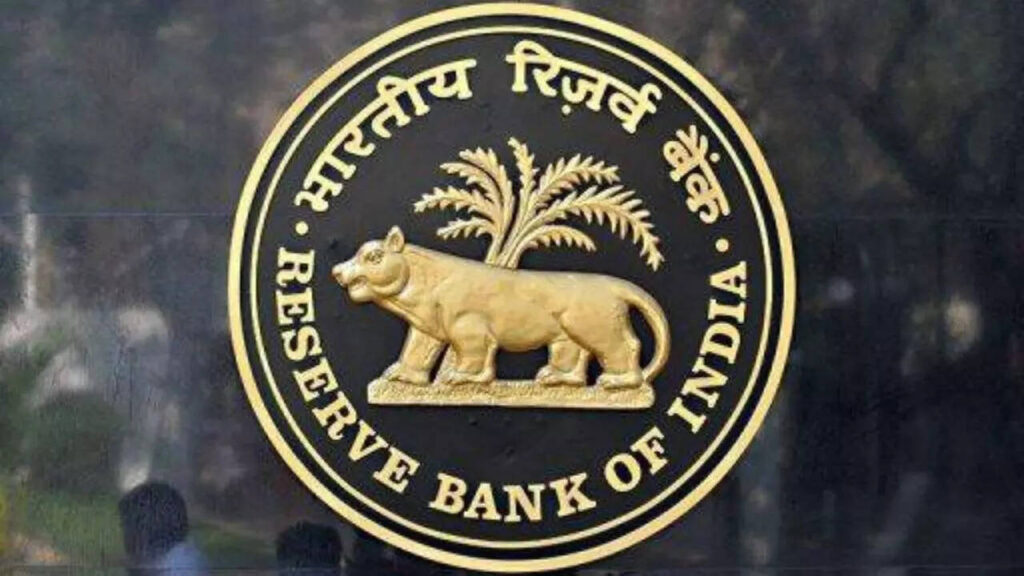The Reserve Bank of India (RBI) announced important regulatory changes on Monday designed to push the transmission of policy rate cuts, relax gold loan rules, and revise large credit exposure guidelines. While three of these measures will be implemented starting October 1, four others are currently open for public consultation as draft proposals.
A significant change allows banks to reduce the spread component on floating-rate loans even before the existing three-year lock-in period ends. This amendment is expected to help borrowers benefit from quicker transmission of rate reductions, potentially lowering their EMIs or interest expenses. Additionally, banks may now offer borrowers the option to switch to fixed-rate loans during interest rate resets, but this will no longer be a compulsory choice.
Expanded Lending Against Gold and Capital Regulation Updates
The RBI has widened the scope for loans against gold and silver collateral. Now, banks, including tier-3 and tier-4 urban co-operative banks, can provide working capital loans to any borrower using gold as a raw material, rather than limiting this facility to jewellers only.
In addition, the central bank revised Basel III capital regulations by increasing the eligible limits for perpetual debt instruments (PDIs) issued in foreign currency or rupee bonds abroad. This move aims to give banks more flexibility to raise Tier-1 capital through offshore markets.
Draft Proposals Inviting Public Feedback
Among the draft proposals open for public feedback until October 20, the RBI suggests extending the repayment tenure for gold metal loans (GML) from 180 to 270 days and allowing non-manufacturing jewellers to access GML for outsourced production needs. The regulator also proposed harmonising Large Exposures Framework (LEF) and Intragroup Transactions and Exposures (ITE) norms for foreign bank branches operating in India, with exposures to headquarters now counted only under LEF and a wider application of credit risk mitigation benefits.
To improve credit data accuracy and timeliness, the RBI recommends that credit institutions submit information weekly to credit bureaus, instead of the current fortnightly frequency. The draft also calls for faster error corrections and inclusion of CKYC numbers in consumer credit reports.
How It Will Impact You
These regulatory changes by the RBI are set to positively impact Indian consumers by making borrowing more affordable and flexible. With banks now permitted to reduce the spread on floating-rate loans ahead of the earlier three-year lock-in, borrowers could see faster benefits from any policy rate cuts, resulting in lower EMIs and reduced interest costs sooner than before.
Additionally, the option for borrowers to switch between floating and fixed-rate loans at interest resets offers greater control over their loan terms, allowing them to manage repayment risks more effectively.



